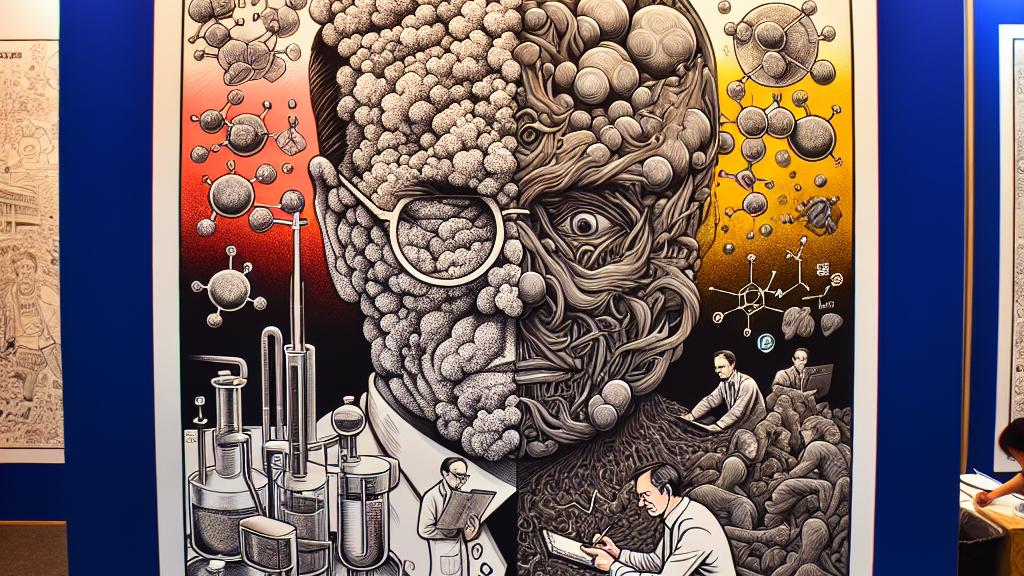Exploring Mesoscience to Address Complex Global Challenges
Overview
- Mesoscience provides a revolutionary framework for understanding the interconnected complexities of various disciplines.
- Professor Li Jinghai identifies the pivotal compromise-in-competition mechanism that links different systems.
- This innovative approach could reshape our strategies for tackling imminent global challenges like climate change and healthcare disparities.

Understanding the Essence of Mesoscience
As scientific inquiry accelerates at an unprecedented pace, the concept of Mesoscience stands out as a key to unlocking the interplay of complex systems. Professor Li Jinghai, an esteemed researcher from the Chinese Academy of Sciences, has brilliantly articulated this idea in his recent Perspective article. By examining the compelling dynamics between gas-rich and solid-rich phases in fluid mechanics, he introduces us to the compromise-in-competition (CIC) mechanism. This isn’t just dry theory; it’s a vital way to bridge gaps across diverse fields, from environmental science to engineering, prompting us to reconsider how we approach global problems.
Tackling Global Challenges with a Unified Approach
Let’s dive into the practical implications of this CIC principle in addressing urgent global challenges. For instance, consider climate change—a crisis demanding unprecedented unity and action. The United Nations Sustainable Development Goals (SDGs) embody this spirit of collaboration, spanning objectives like reducing inequalities and ensuring sustainable energy access. By employing Mesoscience, we can discover the underlying connections among these diverse goals, which might seem unlinked at first glance. Imagine developing community-driven solutions that bring together local experts, policymakers, and global scientists to create effective strategies. Such alliances will not only enhance our capacity to mitigate climate impact but will also foster resilience in affected communities globally.
Envisioning the Future through Mesoscience
Looking ahead, the potential of Mesoscience expands exponentially. Professor Li envisions its applications reaching into various domains, including technology and public policy. For instance, think about how insights from Mesoscience could revolutionize artificial intelligence—designing smarter algorithms that can adapt based on complex patterns of interaction. Furthermore, picture a future where data derived from Mesoscience principles enhances disaster response initiatives, guiding efficient evacuations and resource allocation during crises. By embracing this approach, we’re not merely waiting for disasters to strike; instead, we are cultivating a proactive, adaptive mindset that anticipates challenges. In doing so, we ensure a sustainable and secure future, not just for ourselves, but for generations to come.

Loading...